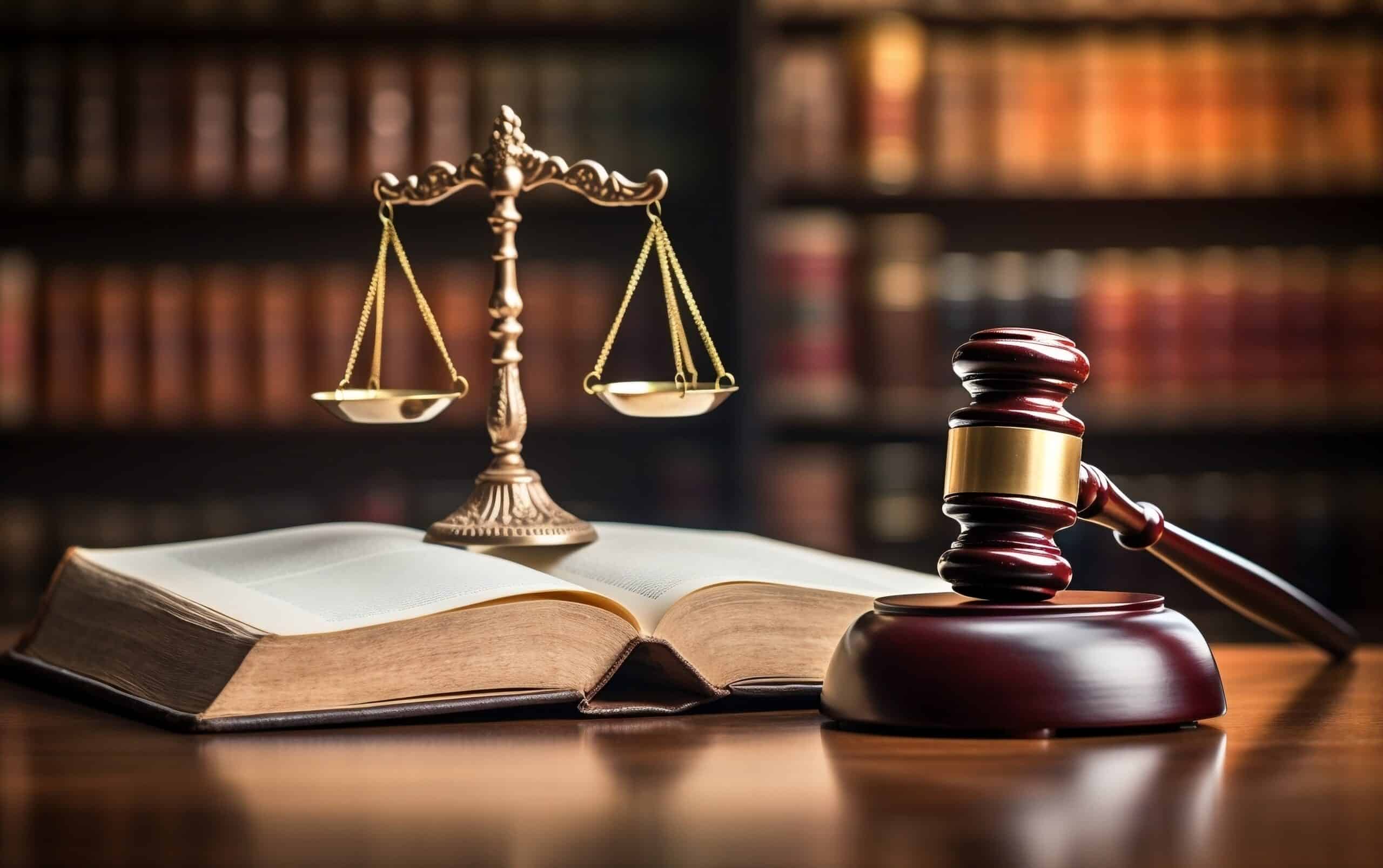Facing felony charges in North Carolina can be a daunting experience, with serious legal consequences and potential long-term implications. Understanding the criminal justice process for felony cases is crucial for individuals navigating the complexities of the legal system. This blog will provide an overview of what to expect when facing felony charges in North Carolina, from the initial arrest and arraignment to trial and potential sentencing. We will also discuss the importance of building a strong defense with an experienced criminal defense lawyer to protect one’s rights and interests throughout the legal proceedings.
The Criminal Justice Process for Felony Cases in North Carolina:
Arrest and Booking:
- The criminal justice process typically begins with the arrest of the individual suspected of committing a felony offense. Upon arrest, the individual is taken into custody by law enforcement officers and transported to the police station or county jail for booking. During booking, personal information is collected, fingerprints and photographs are taken, and the individual may be held in custody pending a bond hearing or arraignment.
Arraignment:
- Following arrest and booking, the next step in the criminal justice process is the arraignment. During the arraignment, the defendant is formally informed of the charges against them and advised of their constitutional rights, including the right to legal representation and to remain silent. The defendant will enter a plea of guilty, not guilty, or no contest to the charges. If the defendant pleads not guilty, a trial date will be set, and the case will proceed to the pre-trial phase.
Pre-Trial Phase:
- The pre-trial phase of a felony case involves various legal proceedings and preparations leading up to the trial. This phase may include discovery, where the prosecution and defense exchange evidence and information relevant to the case, motions hearings to address legal issues or evidentiary matters, and plea negotiations between the defense and prosecution. The defense attorney will work diligently to investigate the case, gather evidence, and develop a defense strategy tailored to the specific facts and circumstances of the case.
Trial:
- If the case is not resolved through plea negotiations, it will proceed to trial. Felony trials in North Carolina may be conducted before a judge or a jury, depending on the nature of the charges and the defendant’s preference. During the trial, the prosecution and defense will present evidence, call witnesses, and make legal arguments to support their positions. The burden of proof rests with the prosecution, which must prove the defendant’s guilt beyond a reasonable doubt. The defense attorney will vigorously advocate for the defendant’s innocence and challenge the prosecution’s case through cross-examination and legal arguments.
Sentencing:
- If the defendant is found guilty or pleads guilty to the felony charges, the case will proceed to the sentencing phase. Sentencing in North Carolina felony cases may involve various factors, including the nature and severity of the offense, the defendant’s criminal history, mitigating or aggravating circumstances, and any applicable sentencing guidelines or mandatory minimum sentences. The judge will consider these factors when determining an appropriate sentence, including imprisonment, fines, probation, community service, or other penalties.
Importance of Building a Strong Defense:
Building a solid defense is essential for individuals facing felony charges in North Carolina. An experienced criminal defense lawyer can provide invaluable guidance and representation throughout the legal process. Some reasons why building a solid defense is crucial include:
- Protecting Rights: A defense attorney can ensure that the defendant’s constitutional rights are upheld during arrest, arraignment, and trial proceedings.
- Investigating the Case: A lawyer can thoroughly investigate the case, gather evidence, and identify weaknesses in the prosecution’s case.
- Negotiating with Prosecutors: An attorney can negotiate with prosecutors to seek reduced charges, plea bargains, or alternative sentencing options.
- Presenting a Defense: A skilled lawyer can present a compelling defense strategy tailored to the specific facts and circumstances of the case, including challenging evidence, presenting witnesses, or arguing legal defenses.
- Minimizing Penalties: By advocating on the defendant’s behalf, a defense attorney can work to minimize the potential consequences of a conviction, such as reduced sentences, alternative sentencing options, or diversion programs.
 Felony Charges Dos and Don’ts:
Felony Charges Dos and Don’ts:
Facing felony charges in North Carolina can be a daunting and challenging experience. Understanding the criminal justice process for felony cases, from arrest and arraignment to trial and sentencing, is essential for individuals navigating the legal system. By consulting with an experienced criminal defense lawyer and building a strong defense, individuals can protect their rights and interests and increase their chances of a favorable outcome in their felony case. If you or someone you know is facing felony charges in North Carolina, don’t hesitate to seek legal guidance and advocacy to ensure the best possible defense.





 Felony Charges Dos and Don’ts:
Felony Charges Dos and Don’ts:


